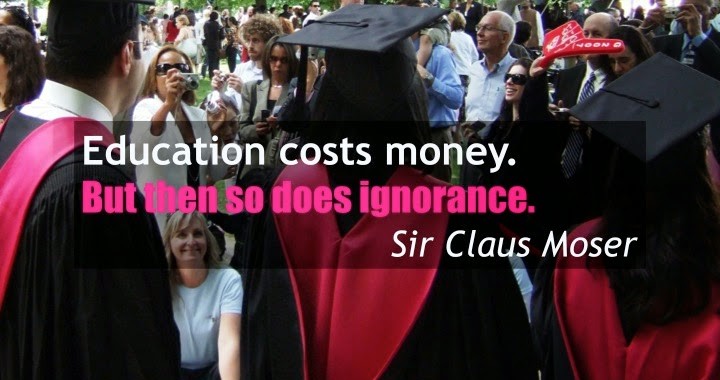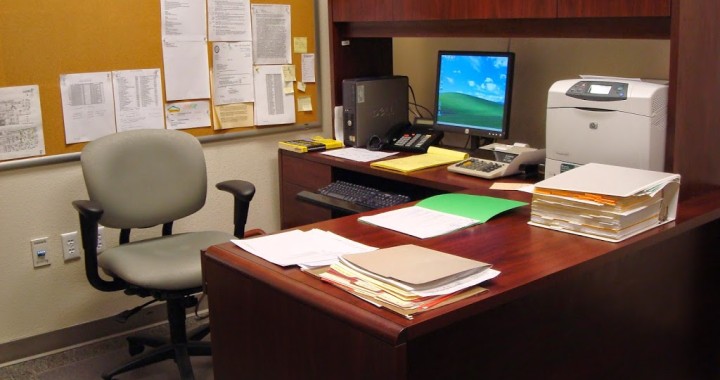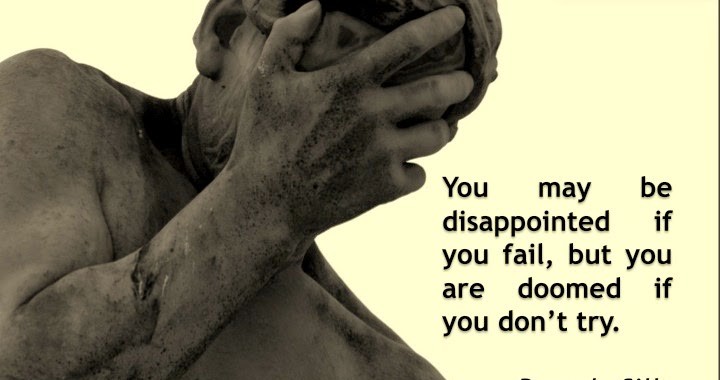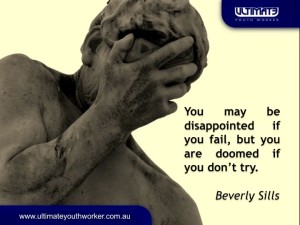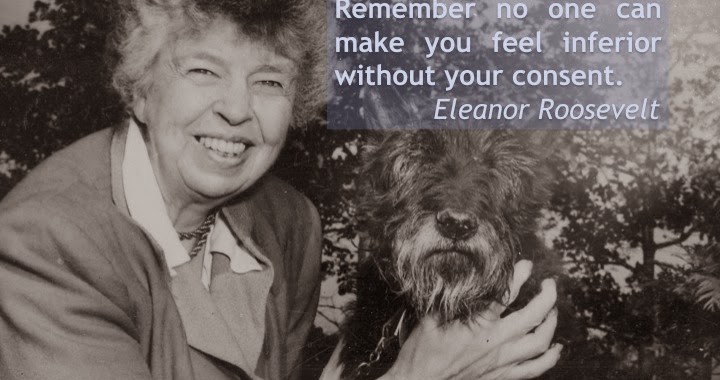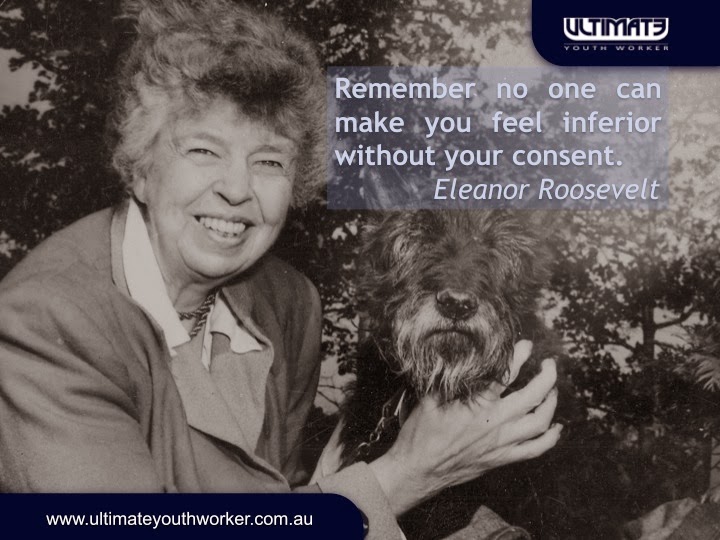Tag Archives: Youth Ministry
Why should a youth worker have supervision?
Apply for supervision today
The youth work supervision environment: importance of neutrality
The supervision environment is important to staff uptake
All to often I hear from youth workers that they don’t want to do supervision sessions. The concerns range from the classic ‘it would breach confidentiality‘ to the obscure, ‘it doesn’t fit well with my existential philosophy‘. The main reason we hear is that staff don’t feel comfortable. Whether meeting with their manager or an external provider the staff member must feel comfortable with the supervision environment.
Many staff feel that supervision sessions with their manager are really uncomfortable. The meetings are usually had in the managers office with all the managers stuff on the desk and a mountain of paperwork which needs to be dealt with beside the computer. The manager says they are 100% engaged in the session while looking over the pile of paperwork and listen to their staff intently while the email toast pops up on their computer screen.
In the case of external supervisors if they come to your office to work with you or your staff, using the store room as a spare office does not make anyone feel like this is a worthwhile session. If you go out from the office you have issues of privacy and confidentiality. If you go to the external supervisors office they should have a space which is dedicated to sessions like this.
Your environment for the supervision session is really important! If the staff member does not feel comfortable then they will not be open to challenge and change. It needs to be an area that does not have too many distracting qualities and gives the person attending a feeling of safety and warmth.
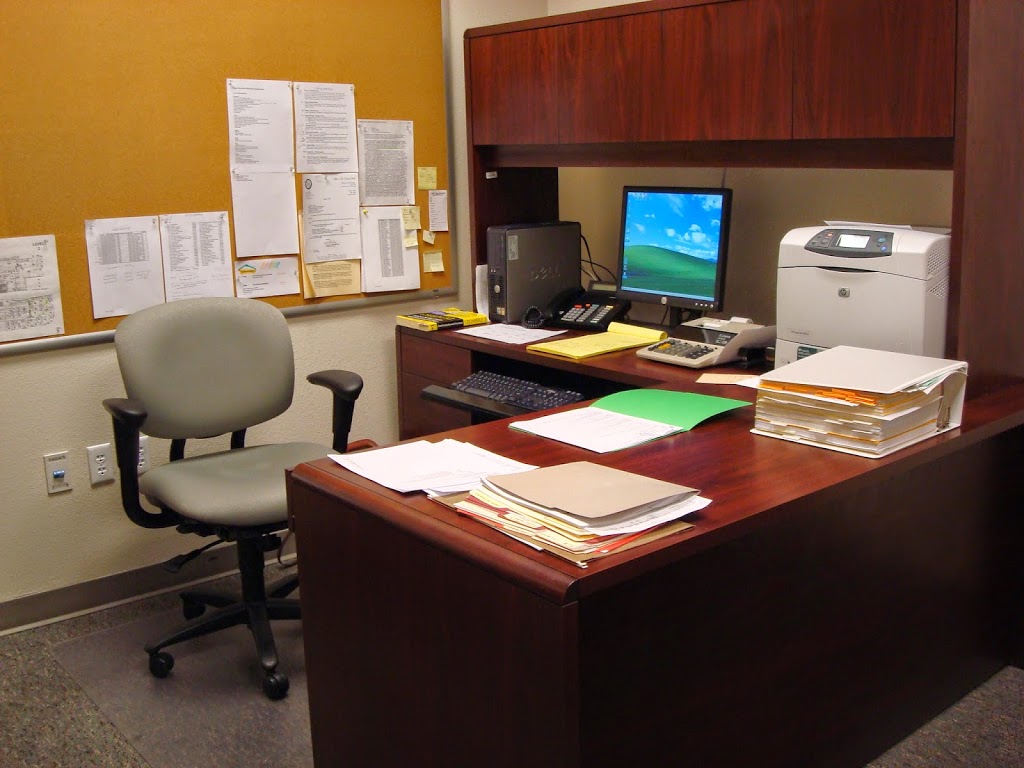 |
| Would you prefer this? |
 |
| or this? |
Apply for supervision today
Just try… your doomed if you don’t!
Youth workers need to be in the online space.
Over the past few weeks I have had dozens of conversations around why youth workers and their services need to be using social media. Over the course of my career I have worked in organisations who at best dabbled in using social media and at worst kept it a good arms length away from core business. As youth workers we need to be where the young people are… online!
Recently, I was reading a post on why CEO’s need to be on social media. It is not a job for the pimple covered volunteer intern but the CEO!!! Basically the organisations reputation is on the line and it is up to the head of the organisation to keep that reputation positive.
As youth workers we need to be on social media. We need to be there for the same reasons we do outreach and run youth centres. We need to be fully aware of the role and the boundaries of youth work in the virtual environment. We need to remember all our youth work skills are transferable to the online world. We need to blog, Facebook, tweet and whatever else comes along.
What are you doing in the online space?
If you need support touch base and we will see what we can do!
Youth work needs to rid itself of its inferiority complex.
What are you struggling with at the moment?
Every so often I like to take the pulse of the people I serve. I want to know what is going well. What is happening in their organisations. Most of all I want to know what they are struggling with at the moment!
We are here to support youth workers and the organisations they work for. Your struggles are our struggles and if there is something we can do to stand in the gap for you we will.
What are you struggling with at the moment?
Leadership: Guest post drownthenoise.com
Leadership.
